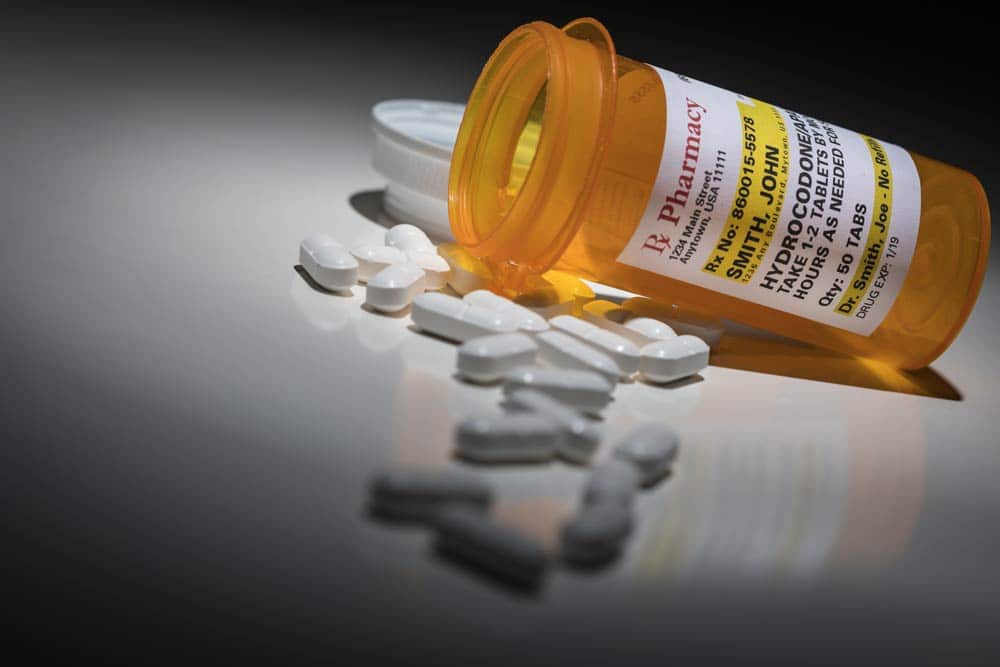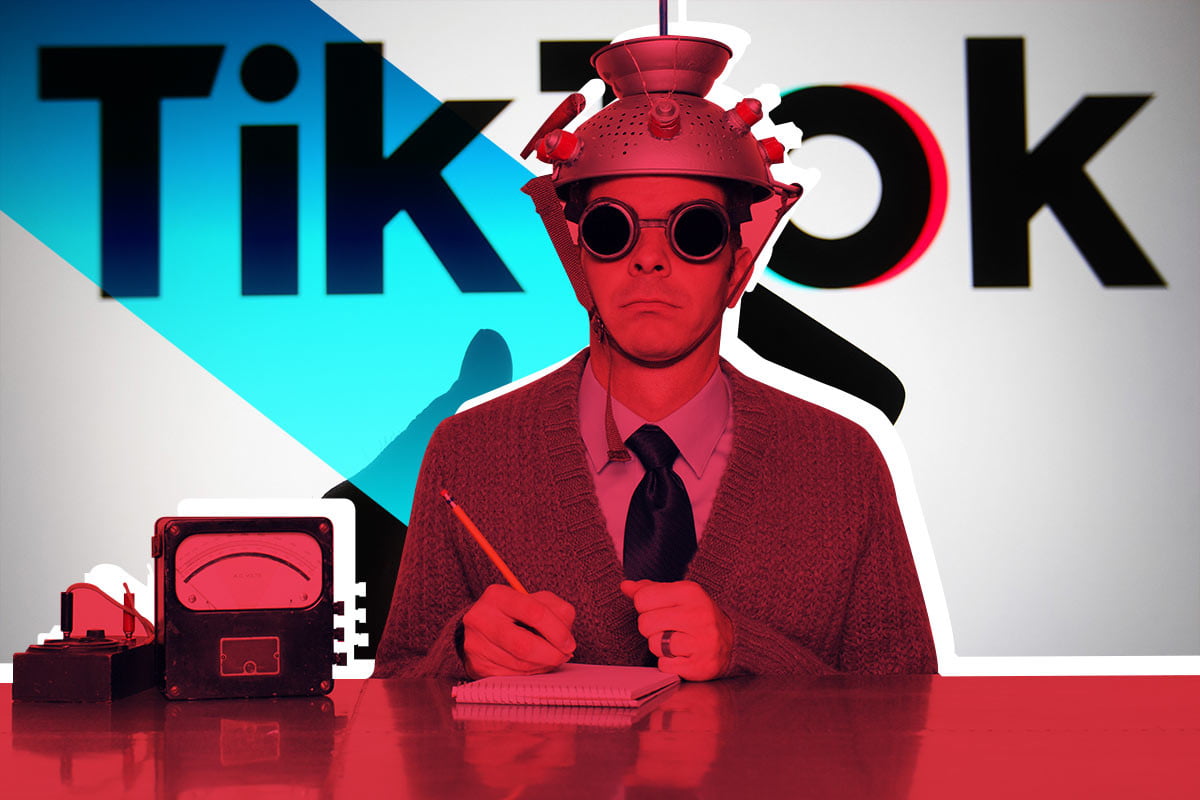Valium, a popular medication for anxiety and sleep disorders, is a go-to choice for many seeking relief. But have you ever wondered, “Valium lasts for how long?”
In this article, we will delve into the fascinating world of Diazepam and uncover the duration it stays active in your system.
Agreeably, Diazepam is a wonder drug, with over 14 million prescriptions filled in the United States alone.
So, let’s promise you this: By the end of this article, you’ll have a clear understanding of how Valium works and how long it lasts in the body.

Table of contents
- What Is the Most Important Information I Should Know About Valium (Diazepam)?
- How Long Does Valium Stay in Your System?
- How Long Does It Take to Feel Effects?
- How Long Does Valium’s Effects Lasts?
- Factors That Affect Detection Time
- How to Get Valium Out of Your System
- FAQs
- Conclusion
- References
- Recommendations
What Is the Most Important Information I Should Know About Valium (Diazepam)?
Firstly, it’s vital to grasp that Valium, or Diazepam, falls under the category of benzodiazepines. Additionally, understanding the central role of Valium in calming the brain and nerves is crucial.
Furthermore, Valium is prescribed to alleviate anxiety and certain types of seizures, making it a valuable medication.
Notably, patients should avoid abruptly discontinuing Valium, as it may lead to withdrawal symptoms. Moreover, potential side effects include drowsiness and dizziness.
Importantly, you must inform your healthcare provider of any allergies or pre-existing medical conditions. Ultimately, responsible and informed use of Valium is essential for safe and effective treatment.
See also: How Long Does LASIK Last | Everything You Should Know
How Long Does Valium Stay in Your System?
Valium has a half-life of 20-48 hours. This means that it takes approximately 20-48 hours for half of the drug to be eliminated from the body.
Therefore, Valium can stay in the system for several days, even after a single dose.
Valium can be detected in different body fluids for different amounts of time.
- Urine: Valium can be detected in urine for up to 2 weeks after the last dose.
- Saliva: Valium can be detected in saliva for up to 9 days after the last dose.
- Blood: Valium can be detected in blood for up to 10 days after the last dose.
- Hair: Valium can be detected in hair for up to 90 days after the last dose.
See also: How Long Does It Take To Walk 2 Miles?
How Long Does It Take to Feel Effects?
When it comes to Valium, you might wonder how swiftly it works. After taking a dose, the effects begin to kick in within 15 to 60 minutes. These effects peak in 1-2 hours, giving you a noticeable sense of calm.
It’s noteworthy that the speed of onset can vary between individuals. Factors such as your metabolism and whether you’ve eaten can influence this.
Typically, a fasted stomach might experience effects a bit sooner. Yet, rest assured, whether it’s for anxiety or sleep, Valium’s calming influence is worth the brief wait.
See also: How Long Does it Take to Become a Vet Tech?
How Long Does Valium’s Effects Lasts?
Once Valium takes effect, you’ll appreciate the calming influence it provides.
Generally, Valium effects lasts for around 4 to 6 hours, offering you relief from anxiety and promoting relaxation.
Nevertheless, it’s important to remember that the precise duration can fluctuate from person to person. Some individuals may experience longer-lasting effects due to differences in metabolism and other individual factors.
While Valium’s effects are relatively short-lived, they can be highly effective in addressing symptoms of anxiety and sleep disorders, providing a window of tranquility within a few hours.
See also: How Long Does Law School Usually Take?
Factors That Affect Detection Time
When it comes to detecting Valium in your system, several factors come into play.
Firstly, the dosage and frequency of use matter significantly. A higher dose or more frequent use can extend detection times.
Additionally, your individual metabolism plays a key role. Faster metabolisms tend to process and eliminate Valium more swiftly.
Furthermore, the duration of Valium use can impact detection. Long-term usage can result in a longer detection window.
Finally, the type of drug test employed is essential; some tests can detect Valium for more extended periods. Understanding these factors helps individuals and healthcare providers navigate detection times effectively.
See also: How Long Does It Take To Become A Dental Assistant
How to Get Valium Out of Your System
To hasten the elimination of Valium from your system, there are several strategies to consider.
Firstly, maintaining proper hydration is crucial. Drinking ample water can help flush the drug from your body more quickly.
Secondly, regular physical activity can boost metabolism and expedite the elimination process.
Additionally, following a balanced diet can aid in the process by providing essential nutrients. It’s advisable to avoid further Valium consumption, as this can extend its presence in your system.
Lastly, consulting a healthcare professional for guidance on tapering off Valium can ensure a safe and effective approach to getting it out of your system.
See also: How Long Does It Take to Get a PhD?
FAQs
In addition, diazepam is long-lasting, with a duration of action of more than 12 hours. Treatment of seizures: 2 to 10 mg orally dosed 2 to 4 times daily as adjunctive maintenance therapy. Rectal gel 0.2mg/kg is an option for intermittent management of seizures. It may be repeated in 4 to 12 hours if needed.
The half-life of Valium is approximately 48 hours, regardless of its dosage. This means the drug will be present in the body for approximately 10 days. However, its metabolites can remain for much longer.
Conclusion
Whether you’re looking for relief from anxiety or sleep disorders, Valium’s effects typically last for about 4 to 6 hours.
However, various factors, including metabolism, can influence its duration in your system. It’s vital to approach Valium use responsibly, guided by medical advice, and consider the factors that affect detection time.
Staying informed and following best practices can ensure that Valium serves its intended purpose effectively while minimizing potential risks.
References
- Verywellmind.com – How Long Does Valium Last?
- Orlandorecovery.com – How Long Does Valium (Diazepam) Stay In Your System?





